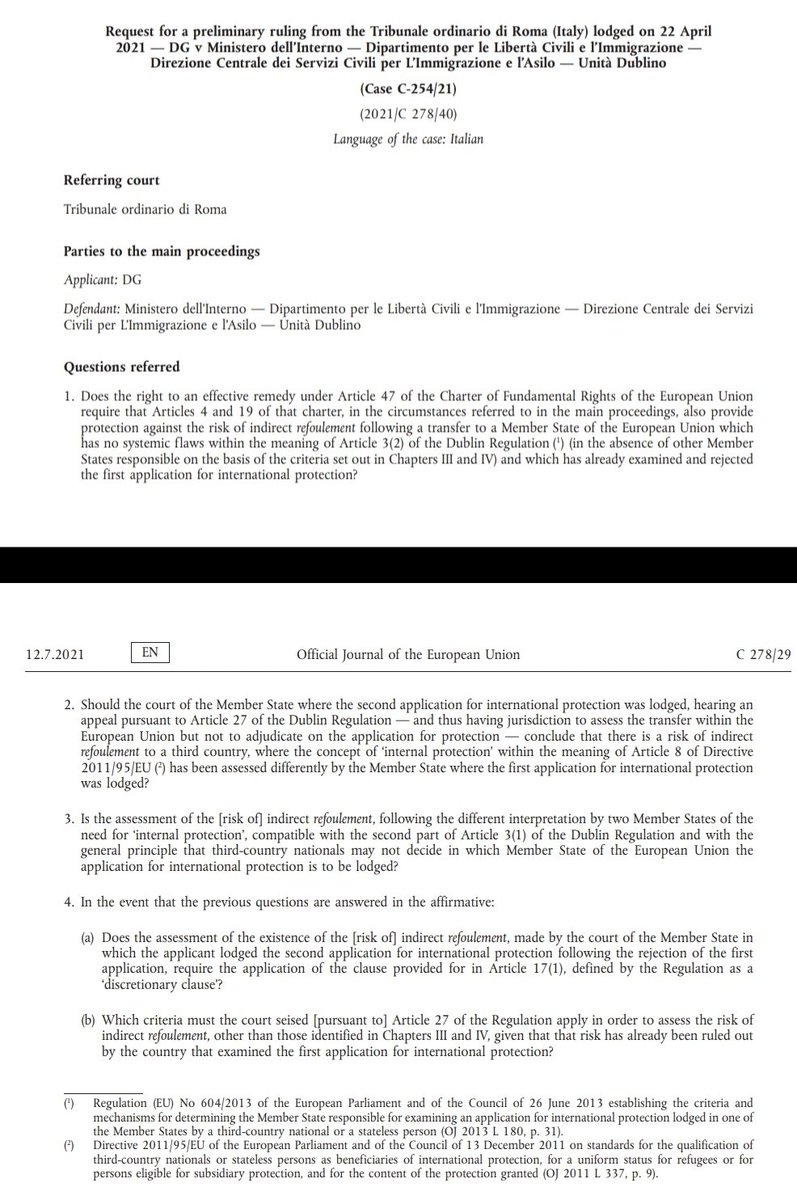
EU Commission proposal for mandate to negotiate with UK re negotiations with Gibraltar. The text of the proposed mandate is not yet published. 

Note that this is a proposal for the Council (ie Member States) to give the Commission the authority to negotiate on behalf of the EU. If the Council gives the mandate, any treaty, if negotiations were successful, would need to be agreed with the UK ->
...and also approved by both the Council and the European Parliament. It's not clear if national parliaments of Member States would need to approve it.
Full text of the proposed negotiation mandate re Gibraltar here:
ec.europa.eu/info/publicati…
ec.europa.eu/info/publicati…
Lots of details on borders and immigration issues. Gibraltar government objects to Spanish government doing such checks, but the press release notes that Spain has asked for assistance from Frontex. 

Excerpts re level playing field - similar to EU starting position re the TCA, which was eventually subject to a compromise 

Free movement of goods: a customs union with the EU, including alignment on EU internal market law relating to goods 

Dispute settlement: CJEU jurisdiction over Gibraltar where there's a reference to EU law; independent arbitration but the arbitrators must send any EU law questions to the CJEU; penalties for non-compliance including interim measures (stronger than most of the TCA) 

Negative response from the UK and Gibraltar governments
https://twitter.com/FabianPicardo/status/1417527798516813824?s=19
• • •
Missing some Tweet in this thread? You can try to
force a refresh














